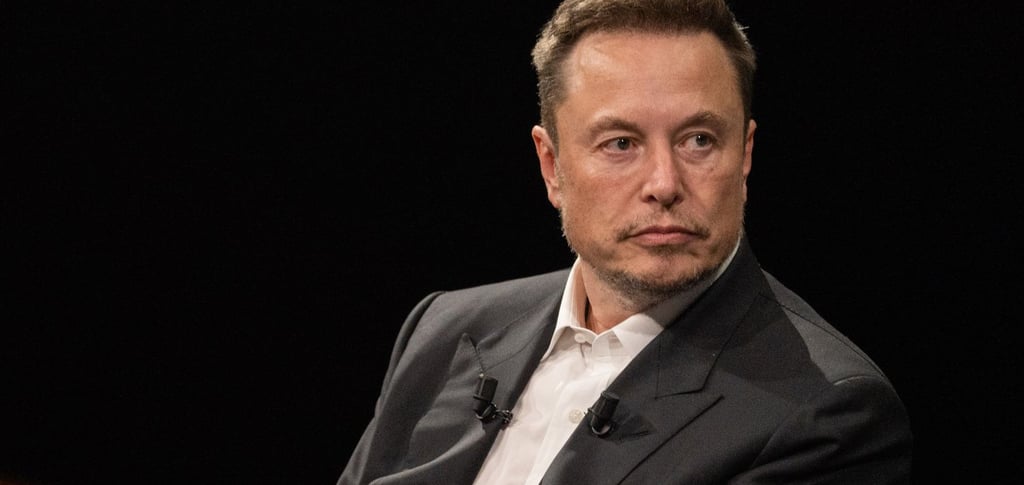Elon Musk’s Reposts of Kamala Harris Deepfakes May Violate New California Law Targeting Misinformation
California's new anti-deepfake law, criticized by Elon Musk, targets deceptive political content. Learn how it may impact free speech on social media platforms like X.


In a digital age where misinformation can spread like wildfire, deepfakes have emerged as one of the most concerning tools for spreading falsehoods. These AI-generated videos manipulate original content to depict fabricated scenarios. Recently, Elon Musk found himself at the center of a controversy after reposting a deepfake involving Kamala Harris. But with California's new law, such actions might have legal consequences. Let’s explore what this law entails and how it impacts both public figures and everyday users.
Understanding Deepfakes
A deepfake is a form of synthetic media where an individual’s likeness or voice is altered using artificial intelligence to create false content. The primary concern is how convincingly they can distort reality, from politicians saying things they never said to celebrities performing actions they never did. Deepfakes have reached a point where distinguishing them from real videos can be challenging.
Why Elon Musk's Repost Matters
Elon Musk, the CEO of Tesla and SpaceX, is known for his influential social media presence. When Musk reposted a deepfake involving U.S. Vice President Kamala Harris, many questioned the potential consequences. While Musk may not have created the video, California’s new law now addresses reposting deepfakes, particularly during election periods, where such content can mislead the public.
The new legislation seeks to protect the integrity of political processes by holding individuals accountable for sharing misleading content. In this case, Musk’s actions could be scrutinized under the new law, especially as California pushes to curb the influence of deceptive content online.
The New California Law
California’s new law, specifically targeting deepfake technology, prohibits the distribution of politically motivated deepfakes within 60 days of an election. It applies to any individual who shares or reposts misleading, manipulated content with the intent to deceive voters.
Key points of the law include:
Election Integrity: Prevents the spread of deepfakes that could mislead voters.
Penalties: Violators may face fines and other legal consequences.
Platforms’ Role: Social media platforms will be required to take swift action in removing such content.
While this law primarily targets election-related content, it opens the door to further legislation that may target other areas of deepfake misuse, such as entertainment or financial fraud.
Social Media Responsibility
Social media platforms like X (formerly Twitter), Facebook, and Instagram have an added responsibility under this law. These platforms must ensure that harmful content is quickly identified and removed. Musk’s platform X will be under scrutiny to see how it responds to the reposting of deepfakes, especially by high-profile individuals.
Implications for Public Figures
Public figures like Musk, who have significant influence on social media, need to be mindful of the content they share. Reposting misleading or harmful content could not only lead to legal troubles but also damage their reputation. With California’s law, even unintended consequences can result in legal accountability.
How the Law Protects Consumers
For everyday users, this law serves as a protective measure. As deepfakes grow more sophisticated, the average person may unknowingly consume manipulated media. By regulating the distribution of such content, the law helps protect users from misinformation and ensures that they can make informed decisions during elections.
Conclusion
California’s law marks a significant step toward regulating deepfakes and maintaining the integrity of online information. While the current focus is on election-related content, the implications are far-reaching. Public figures, influencers, and even average users must be cautious of the media they share.
For Elon Musk and others with large social media followings, this could be the beginning of a new era of accountability, where digital actions carry real-world consequences.